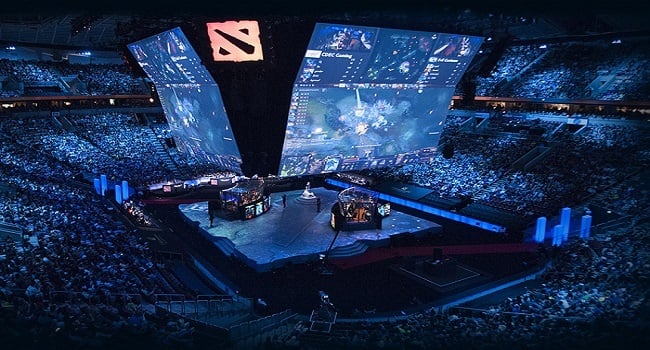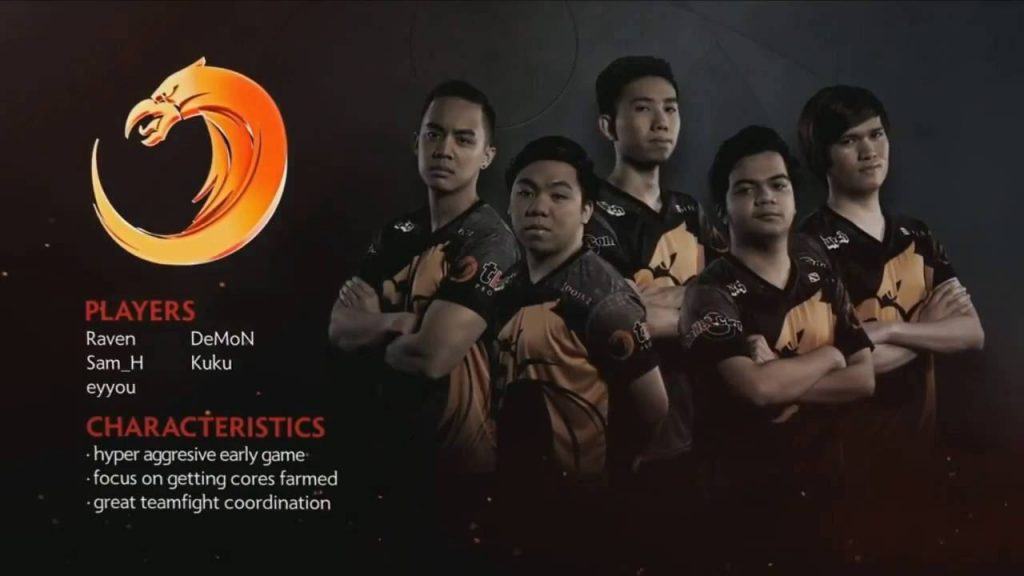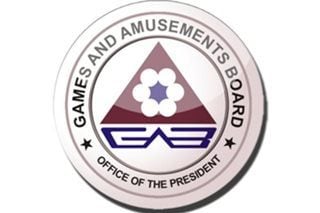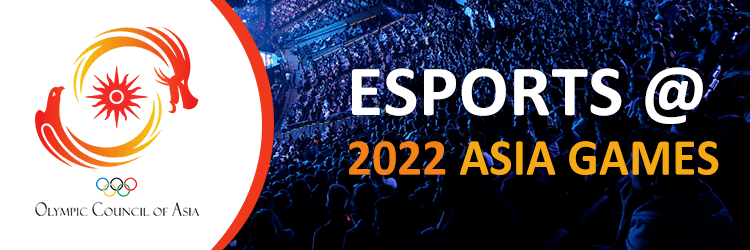Philippines Grants Official Sport Status to eSports
The Philippines has made a groundbreaking decision to officially recognize eSports as a legitimate sport. The country's Gaming and Amusements Board (GAB) now allows professional eSports athletes to apply for athletic licenses, marking a significant step forward for the industry.
The Rise of eSports and Increasing Industry Value
eSports continues to experience rapid growth worldwide, with its global market value expected to reach up to $1.5 billion by 2020. This increasing recognition comes as the Philippines joins a wave of countries embracing the industry’s economic and social potential. According to GAB chief legal counsel Attorney Ermar Benitez, the board started issuing licenses to eSports players as early as July, though the announcement has only recently been made public.

This development is consistent with the Philippines' ongoing involvement in international gaming. The country previously hosted major Dota 2 tournaments - ESL One Manila and the Manila Major in 2016 - which drew global attention and strengthened the country’s credibility as an eSports hub.
Breaking Into the Global eSports Scene
In addition to hosting marquee events, the Philippines has supported its professional teams on the international stage. Earlier in 2017, eSports teams TnC Pro Team and Execration secured US visas, courtesy of support from the government, enabling them to compete at The International, an annual Dota 2 championship.

Image Credit: youtube.com
During the 2017 tournament, TnC Pro Team advanced as far as the Quarter-Finals before being eliminated by LGD. Forever Young, while Execration exited in the first round of the lower bracket, finishing eighth in their group. This international exposure is a notable shift from the previous year, when visa obstacles initially prevented teams from competing abroad. Only after appealing to Senator Bam Aquino did Filipino players participate in The International 2016, with TnC Pro Team pulling off a historic upset against top-seeded OG.
Licensing Process and Remaining Challenges
Despite the Philippines’ official recognition of eSports, the road to becoming a licensed pro player remains selective and challenging. As Attorney Benitez stated, only a few enthusiasts reach elite levels-fewer, even, than in many traditional sports. For most Filipinos, eSports will remain a passionate pastime rather than a professional pursuit.

For those who wish to apply, the process involves several steps:
- Applicants must receive endorsement from an established professional eSports team.
- A nominal application fee is required.
- All applicants undergo a background review by the GAB.
- Drug testing is conducted during the application process.
Although licensing is a leap forward, Benitez acknowledged that the country still lags behind nations with more established support for eSports. Concerns around betting, illegal gambling, and tournament regulation remain, mirroring problems historically seen in traditional sports.
“In traditional sports, issues such as match-fixing, unlawful betting, and unregulated competitions deprive governments of revenue and credibility. Similar vulnerabilities exist in eSports,” Benitez commented.
Expanding Horizons and the Future of eSports in the Philippines

GAB’s licensing policy is not exclusive to Dota 2 players - athletes in games like League of Legends and Heroes of the Storm have also received formal approval to compete professionally. Filipino representatives recently joined the Heroes of the Storm Global Championship, demonstrating the nation’s versatility across different titles.
Globally, countries such as Nigeria are investing heavily in eSports to bolster economic growth and national image. The Philippines is following suit, making significant strides toward integrating eSports into its mainstream sporting culture. While challenges remain, particularly in governance and industry regulation, the country’s momentum is clear.
Looking ahead, anticipation is high for the Philippines’ participation in eSports at the 2022 Asian Games, signaling a promising era for competitive gaming in the region.












